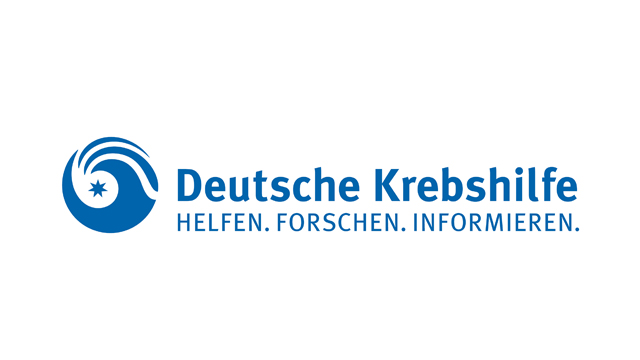Days in Motion (DiM): A Planning Intervention Study With Couples to Enhance Daily Physical Activity

Start date
March 2013
End date
January 2016
Participants
Over 300 adults along with their partners
Main goal
Increase everyday physical activities
Summary
Regular physical activity offers benefits like improved mood, stress management, weight regulation, and reduced risk of chronic diseases, yet only about 20% of German adults meet the recommended 30 to 60 minutes of moderate activity at least 5 days a week. The study aims to help couples turn everyday activities - such as brisk walking, household chores, or climbing stairs - into consistent habits. Since partners often influence each other's health behaviour, this research will explore how cooperation in couples can promote a more active lifestyle.
The study investigates how couples can increase their daily physical activity through different planning strategies, focusing on whether planning together leads to greater activity than planning individually. More than 300 couples participated in a 3-month project, with some planning as a team and others independently.
Person responsible for the project: Prof. Dr. Nina Knoll (nina.knoll@fu-berlin.de)
What do we want to achieve?
1
Find out if couples become more active when they plan together.
2
Compare how planning together is different from planning alone.
3
Measure how couples' activity levels change over three months.
4
Explore if planning together helps increase daily movement in the long run.
Results
Joint planning
Those who planned together maintained moderate activity levels better than individuals.
Activity
Couples who made plans together showed a slight increase in light physical activity.
Small changes
Overall changes in activity were small, possibly due to the brief interventions or already active participants.
Further Research
Planning as a couple might help increase activity but needs more research.
Keywords
#physical activity, #individual planning, #dyadic planning, #health-behavior-change
Our partners
Freie Universität Berlin
Deutsche Krebshilfe e.V. Bonn
Progress DiM


 English
English  Deutsch
Deutsch 